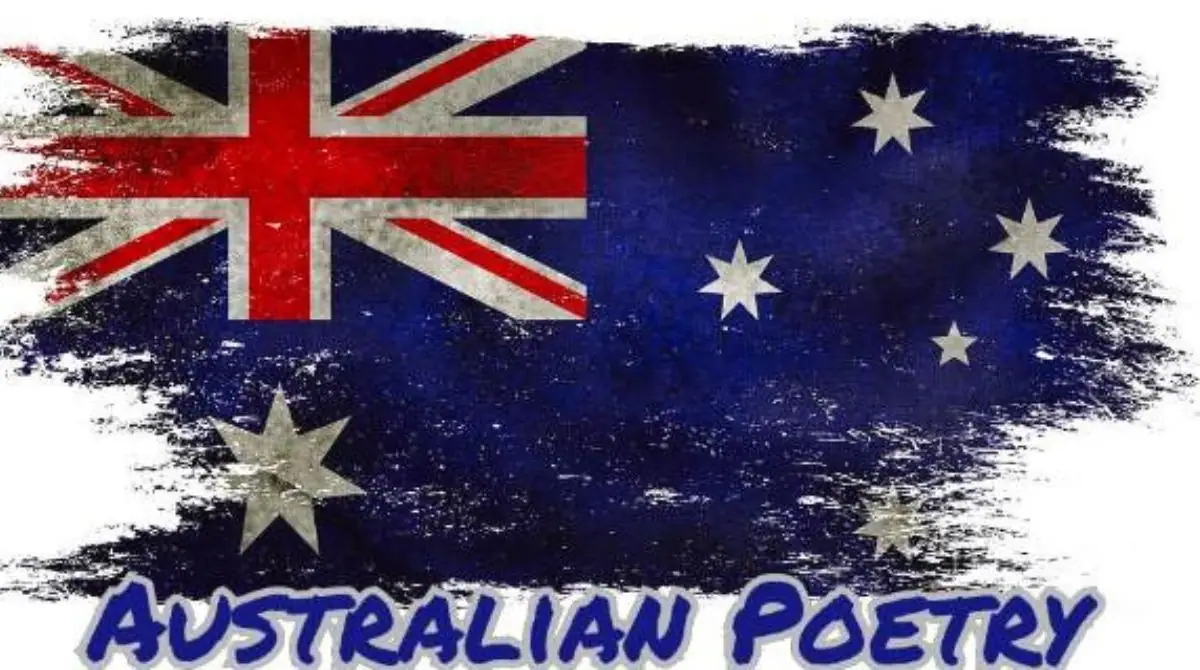Australian Poetry its Themes Poets and Poems
Themes of Australian Poetry:
Australia was discovered in 1770 by Captain James Cook and since then it has grown and developed immensely as a nation. Australia is a young country and has always been beautiful since those Englishmen set abroad this great island. During its early Western history Australia was a collection of British colonies, therefore, its literary tradition begins with and is linked to the broader tradition of English literature.
However, the narrative art of Australian writers has, since 1778, introduced the character of a new continent into literature – exploring such themes as aboriginality, mateship, egalitarianism, democracy, national identity, migration, Australia’s unique location and geography, the complexities of urban living, and the “beauty and the terror” of life in the Australian bush.
Australian poetry is full of passion and several Australian poets have been recognized for their work all over the world. Another aspect of Australian poetry is the subject matter that most poems focus on. There is a definite inclination towards the Australian landscape and natural beauty.
The Australian culture and spirit have been reflected in most of the Australian poems. This is probably because of the youth of Australia as a separate culture, meaning that there was yet a stereotype for Australian to identify with, such as the outback Crocodile Dundee of today. An interesting development towards a national identity is seen in Henry Kendall where he speaks of people important to Australia.
Other poets who reflected a sense of Australian identity include C. J Dennis and Dorothea MacKellar. Dennis wrote in the Australian vernacular (The Sentimental Bloke), while MacKellar wrote the iconic patriotic poem, “My Country”. The poem is about a person who has moved to Australia from England. The basis of the poem is the beauty of Australia and the love the person has for it. The use of effective imagery throughout the poem enhances the overall appeal of the poem, which causes the reader to visualize the ” filmy veil of greenness”. MacKellar makes her readers feel the elegance and seductiveness of Australia.
Influence of Australian Poetry in Literature:
Poetry played an important part in the founding of Australian literature. Henry Lawson, son of a Norwegian sailor born in 1867, was widely recognized as Australia’s poet of the people and, in 1922 became the first Australian writer to be honoured with a state funeral. Two poets who are amongst the greatest Australian poets are Christopher Brennan and Adam Lindsay Gordon; Gordon was once referred to as the “national poet of Australia”.
Writing on Australian Poetry, Alec King remarked that the term Australian Poetry for Poetry written in Australia is misleading, for it is made out of English with all its inherited genius. The only really authentic Australian Poetry, Alec King believed, “is the poetry of our aboriginals totally unintelligible to all but a handful of white Australians”. What would Mr. King have thought of American and English-Canadian poetry since Red Indians and Eskimos are the original inhabitants of the land?
Australian Poets:
Australian Poetry is full of meaning and passion and several Australian poets have recognised for their work all over the world. Prominent Australian poets of the twentieth century include Dame Mary Gilmore, A.D Hope, Judith Wright, Gwen Hadwood, Kenneth Slessor, Less Murray, Bruce Dawe and more recently Robert Gray, John Forbes, John Tranter, John Kinsella and Judith Beveridge.
Famous Australian Poets and Poems:
■ A.B. (Banjo) Paterson (1864 – 1941)
Explore the Poems of A.B. (Banjo) Paterson
• Waltzing Matilda
■ Shaw Neilson (1872 – 1942)
Explore the Poems of Shaw Neilson
• To a Blue Flower • Surely God was a Lover
• Stony Town• The Bard and the Lizard
■ Kenneth Slessor (1901 – 1971)
Explore the Poems of Kenneth Slessor
• Country Towns• Beach Burial
■ A.D. Hope (1907 – )
Explore the Poems of A.D Hope
• Australia• Standardization
• The Death of the Bird
• Moschus Moschiferus: A Song for St. Cecilia’s Day
■ Judith Wright (1915)
Explore the Poems of Judith Wright
• Woman to Man
• Typists in the Phoenix Building
• The Harp and the King• Clock and Heart
• Nigger’s Leap, New England
■ James Mcauley (1917 – 76)
Explore the Poems of James Mcauley
• From the True Discovery of Australia• Invocation
• To Any Poet
■ Vincent Buckley (1925 – 1989)
Explore the Poems of Vincent Buckley
• Late Tutorial• Burning the Effects
• Fellow Traveller
• Youth Leader
• Parents
■ Francis Webb ( 1925 – )
Explore the Poems of Francis Webb
• Harry• Wild Honey
■ Bruce Beaver (1928 – )
Explore the Poems of Bruce Beaver
• Exit
• Letters to Live Poets, I
■ Peter Porter (1929 – )
Explore the Poems of Peter Porter
• Your Attention, Please
• Competition is Healthy
■ Bruce Dawe (1930 – )
Explore the Poems of Bruce Dawe
• Life Cycle
■ Chris Wallace Crabbe (1934 – )
Explore the Poems of Chris Wallace Crabbe
• Melbourne
• Nature, Language, the Sea: An Essay
■ David Malouf (b. 1935)
Explore the Poems of David Malouf
• The Year of the Foxes
■ Rodney Hall (b.1935)
Explore the Poems of Rodney Hall
• Heavens, in a Way
■ Randolph Stow (b.1935)
Explore the Poems of Randolph Stow
• My Wish for My Land; The Enemy
■ Lesa Murray (1938 -)
Explore the Poems of Lesa Murray
• The Wilderness
■ Manoowa
Explore the Poems of Manoowa
• The Two Sisters
You May Like To Read More:
